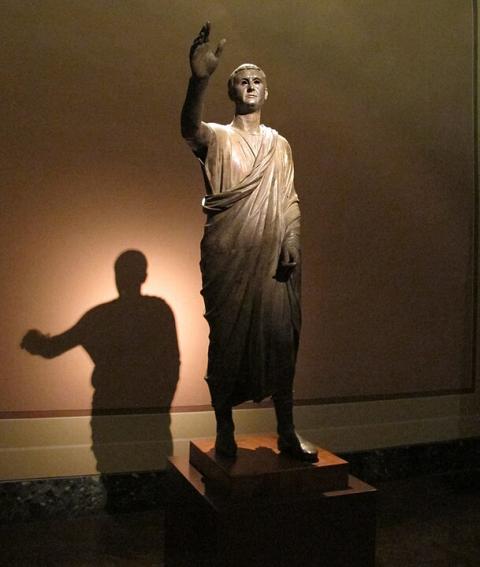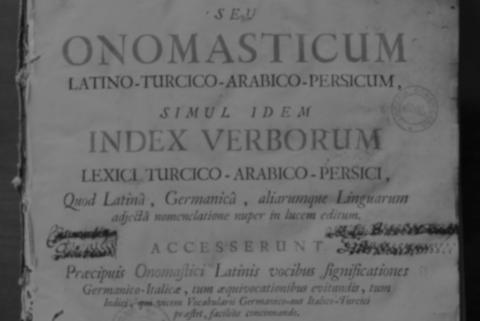SCS Blog Author Page
Posts by Christopher Francese

|
Blog: Using Rhetoric and Public Speaking to Revive Classics
|

|
Blog: Flight of the Concordances: Resurrecting the Classical Concordance Online
“No competent scholar needs to be convinced of the utility of indices,” declared the University of Illinois “Czar of classics” and prodigious concordance producer William Abbot Oldfather in 1937, with only a little defensiveness. But then where have all the concordances gone today? Before the rise of a certain ubiquitous search engine, the humble index verborum (an alphabetical list of dictionary headwords used in a text, with a full list of citations for each instance) or concordance (same, but with a few words of context for each instance) were respected genres of scholarship. The work was tedious, though hardly easy or rote, given the many homographs and homonyms, especially in Latin. Concordances, dull though they may seem, helped Read more … |
|
|
Blog: Re-Presenting the SCS Blog
Today marks the debut of the re-designed SCS front web page, and the re-launch of our blog. The visual shift—from a large static header image to five smaller boxes featuring more frequently updated content from the SCS Blog and from Amphora—reflects a renewed determination on the part of the organization to use the website to highlight interesting ideas about the classical world and about the classics profession, and to have a more active digital presence. The SCS has taken steps to improve its online persona by forming a Communications Committee (which I currently chair) to oversee the blog and craft digital media policies, and by hiring digital media adept Erik Shell as Communications and Services Coordinator. When we met in San Francisco in January 2016 one of the first jobs of the Communications Committee was to energize the SCS social media presence. During the last 9 months, members of the committee have been on the SCS Read more … |
